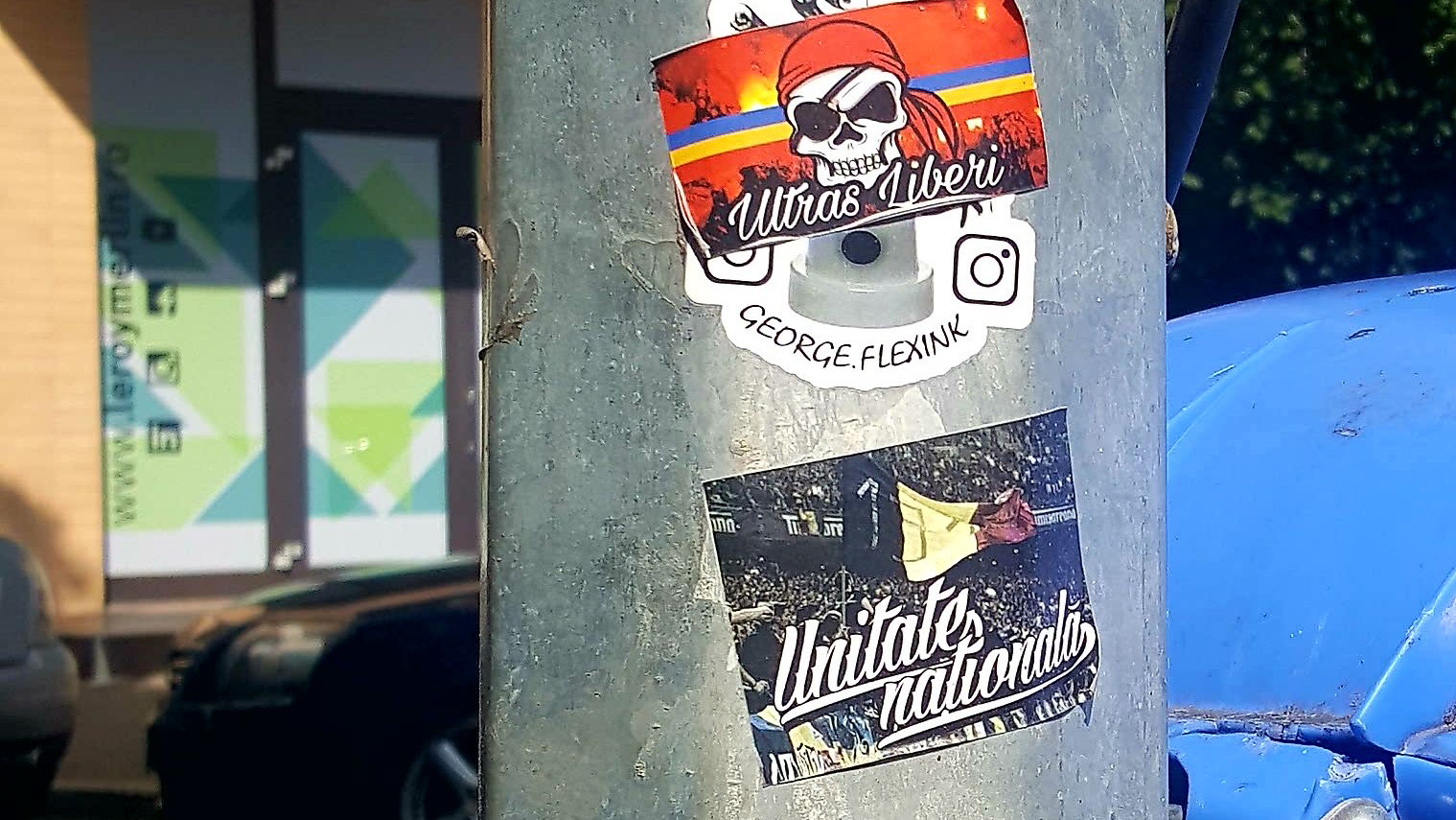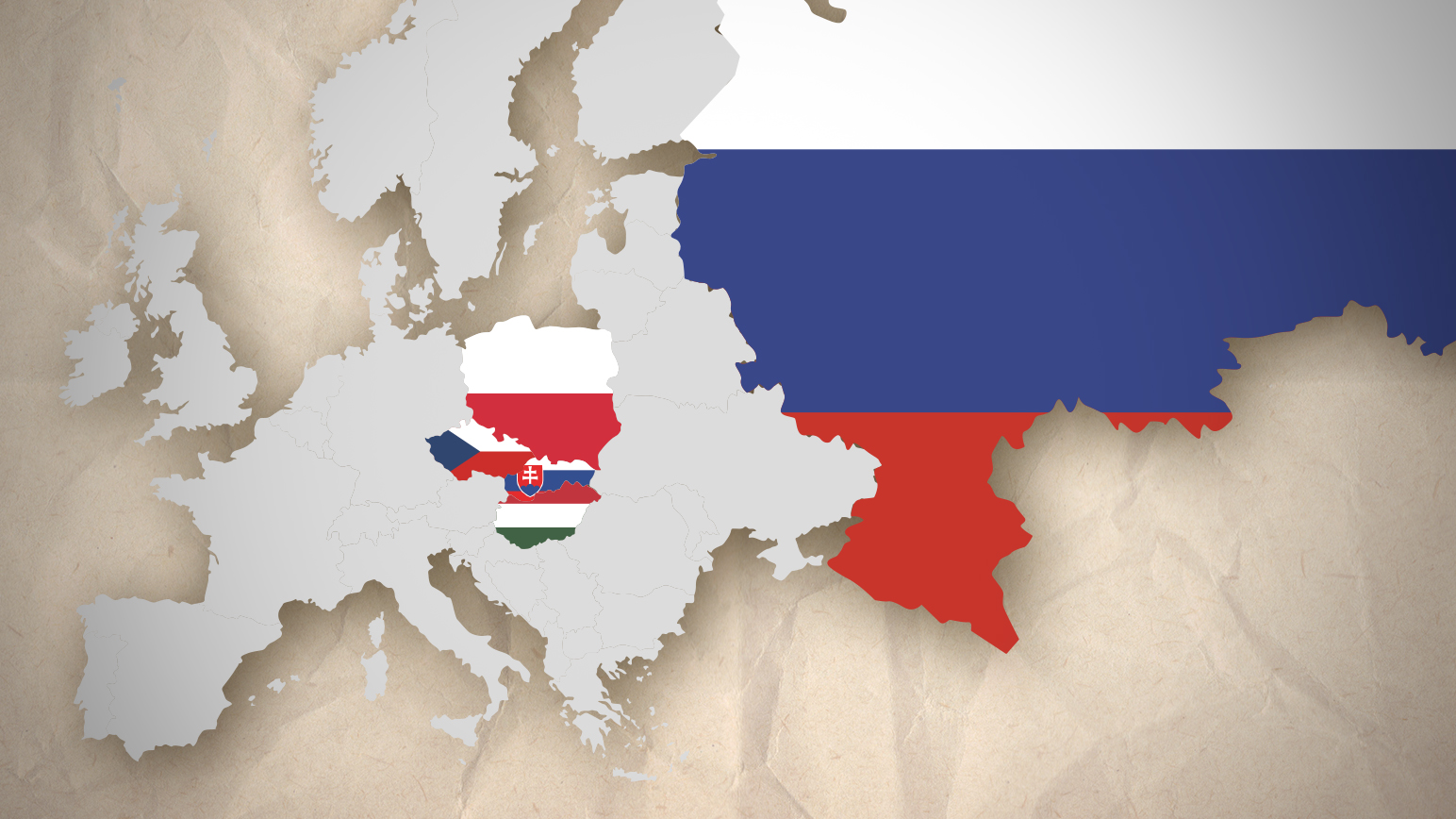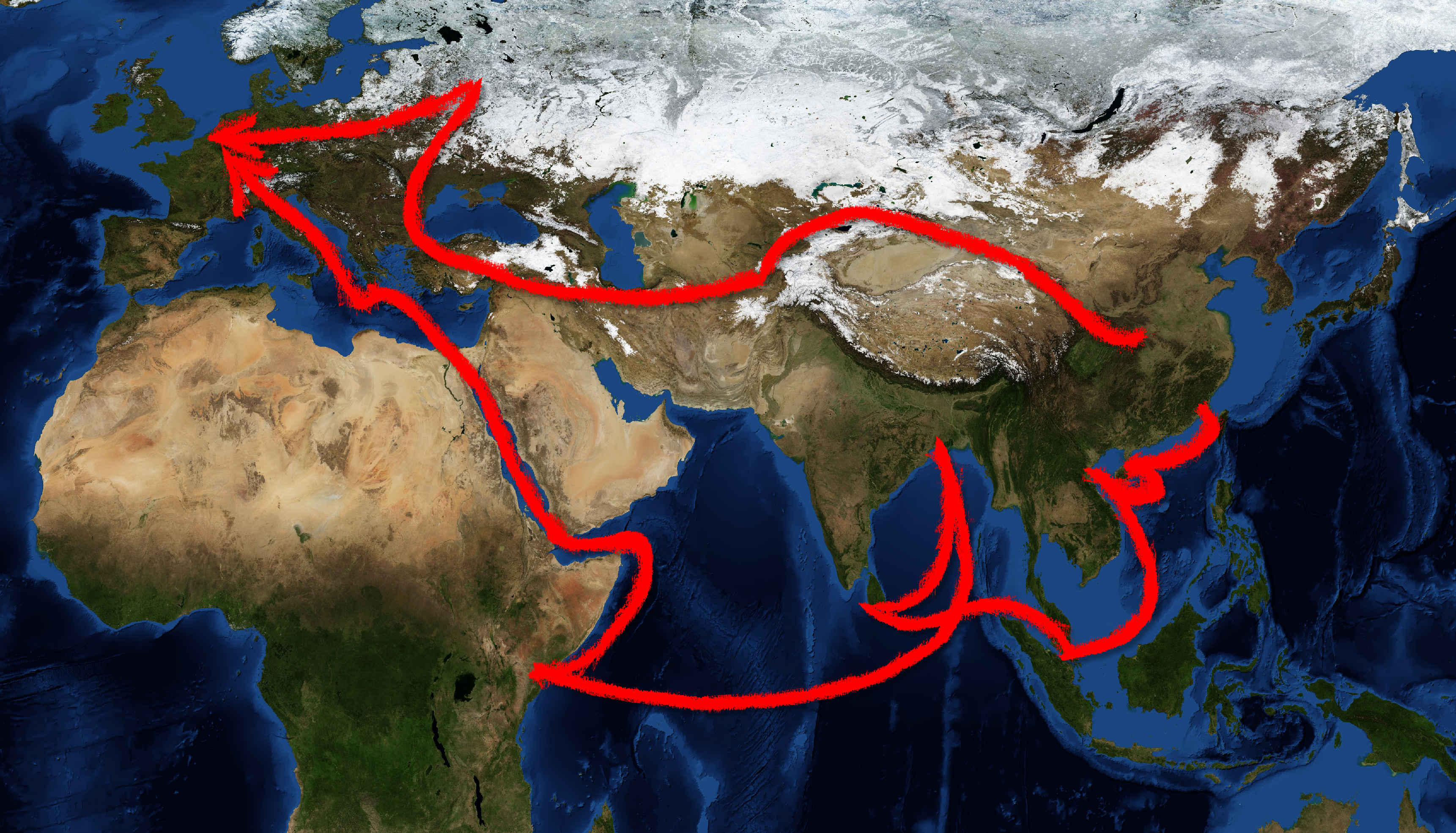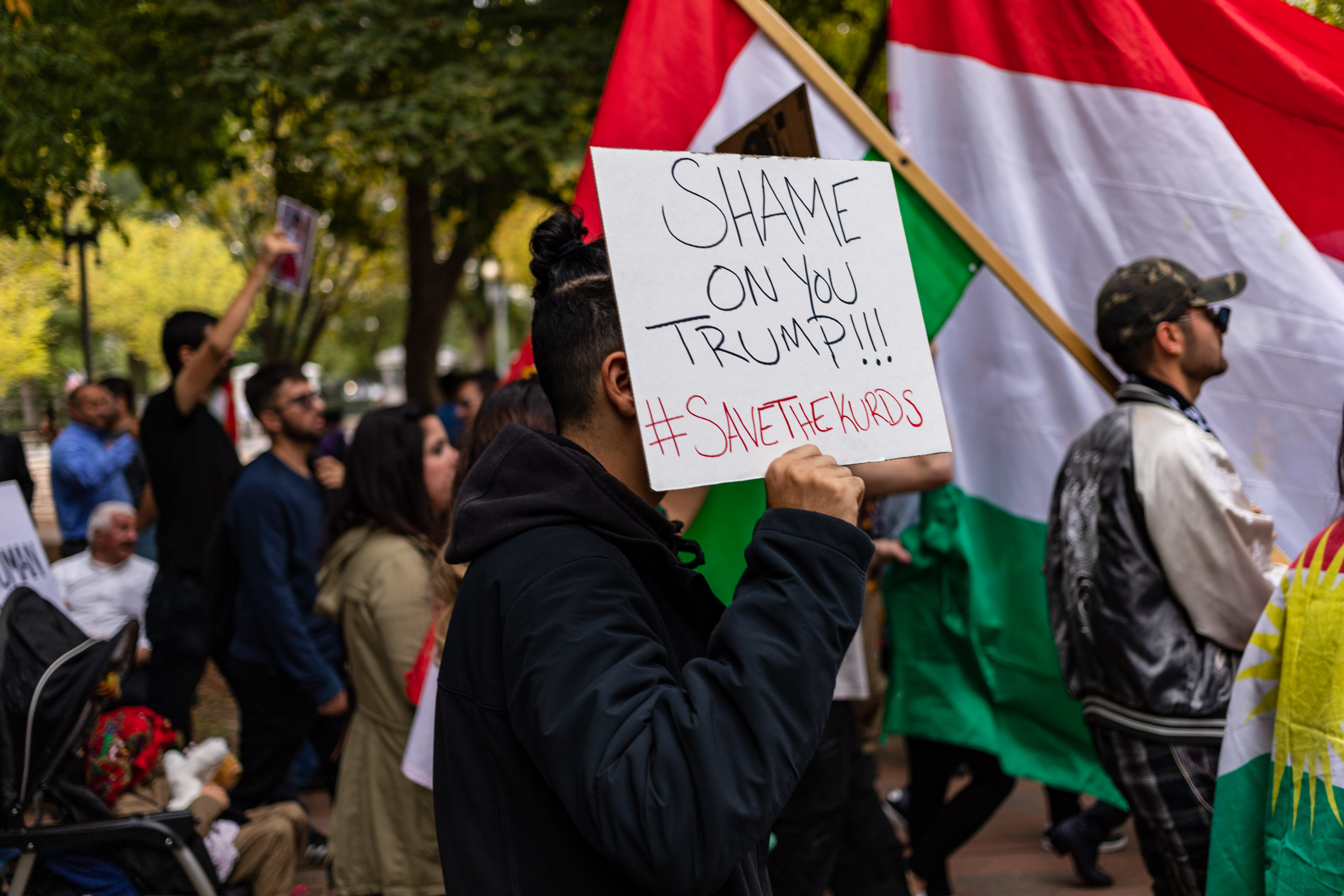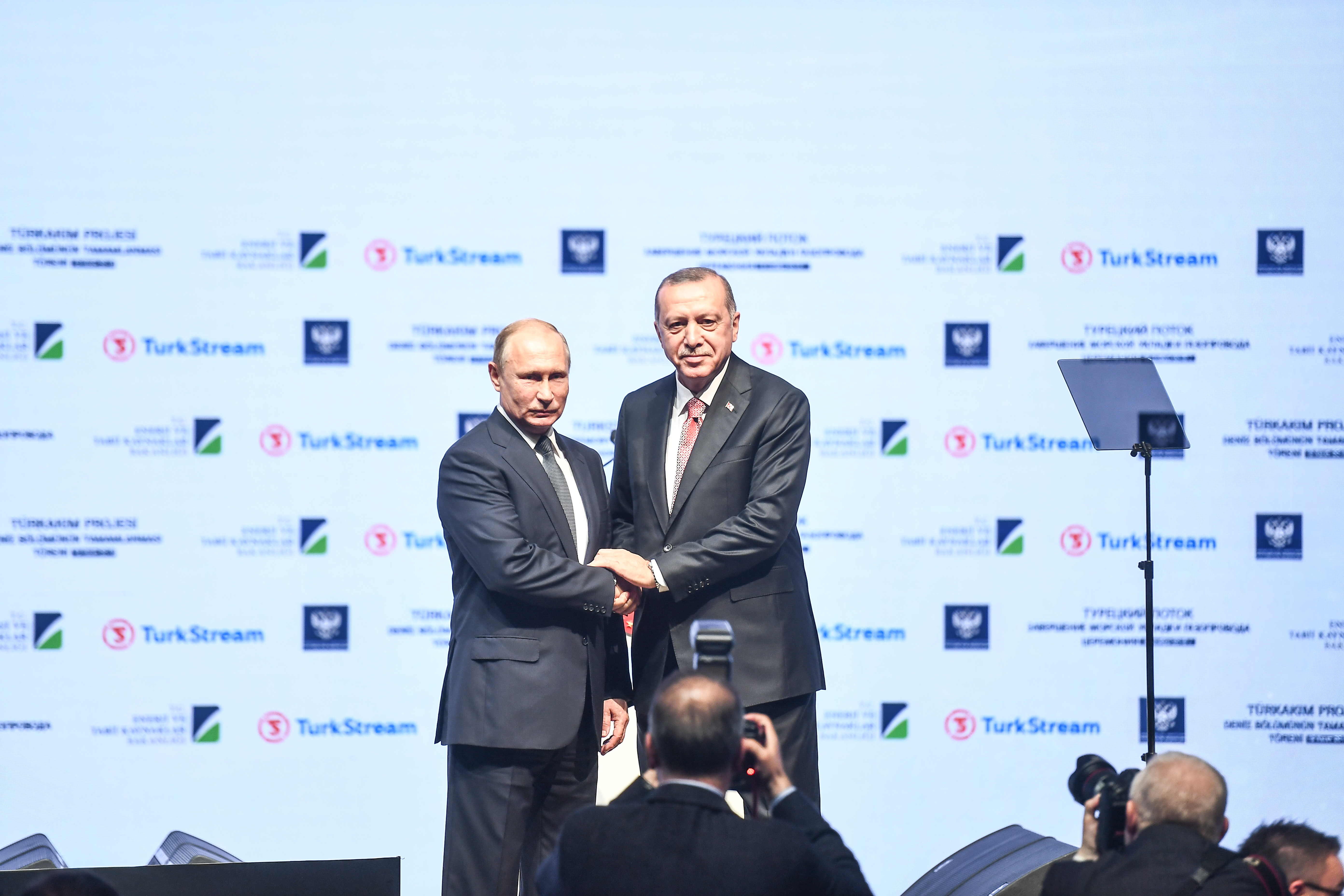In this paper, GlobalFocus Center fellow Ovidiu Raețchi reframes the intriguing relationship recently developed between traditional regional adversaries Russia and Turkey as one of competitive cooperation. Make no mistake, he argues: the element of competition remains; the presidential choreographies, however, point to an informal agreement at the highest level, between Putin and Erdogan, to avoid any serious deterioration of relations, each of them considering that one has more to lose if he makes the other vulnerable and obtains geopolitical gains at the other’s expense.
Ovidiu Raețchi is an expert on Middle Eastern politics and history and a former vice-chair of the Committee on Defence, Public Order and National Security of the Chamber of Deputies in the Romanian Parliament.


